Microsoft tells IT admins to turn off legacy group policies to improve Windows performance
Though the recommendations are supposed to simplify the management of environments, admins say they are being given conflicting advice from the company
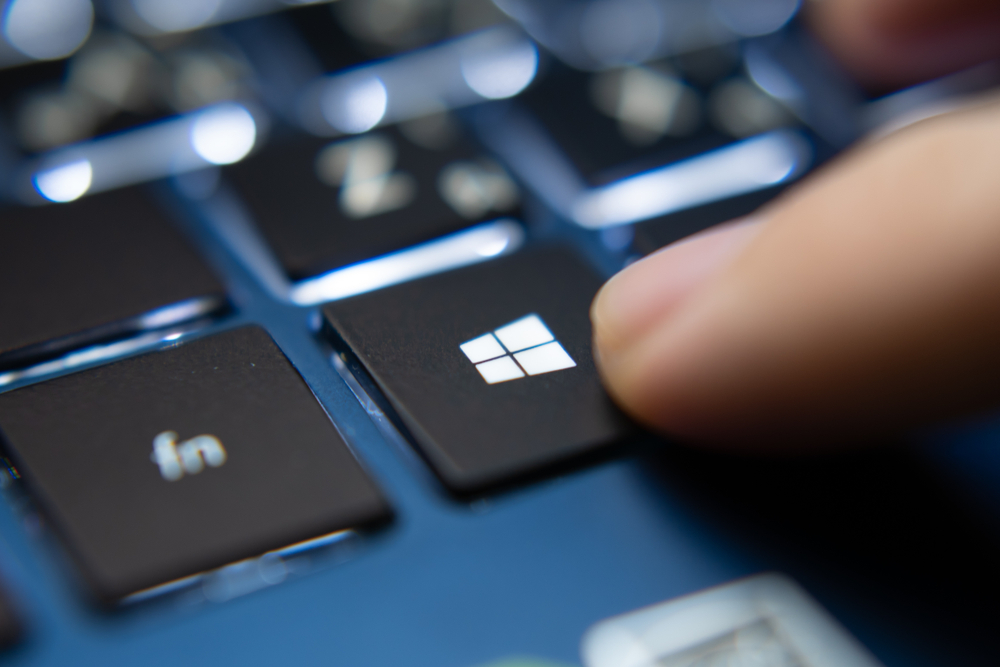

Microsoft has published a list of 25 group policies in Windows 10 and Windows 11 that admins should disable in order to improve overall software performance.
The article, posted to the Windows IT Pro Blog, has been met with anger among the admin crowd as most of the policies are related to effective update management - a sore topic of late given Microsoft's bungling of recent Windows patches.
Author of the blog post, Aria Carley, senior program manager at Microsoft, said the legacy group policies are a result of numerous changes to Windows over the years and, since Windows 10 version 1511 was released in 2015, the way notifications, update behaviours, installations, and restarts have all changed considerably.
"We have also worked to evolve and simplify the controls needed to support these improved experiences, and identify which older policies have become irrelevant or replaced with a better option," said Carley. "As a result, the Windows update policy set contains policies that no longer have any impact; that don’t work as described on devices running Windows 10, version 20H2 or later; or that work but not as well as the policies that were added to accomplish a similar experience in a much better way."
Though the cleanup of legacy policies was designed to simplify things for Windows admins, the community has expressed concern that it may do the opposite, according to complaints posted to Reddit.
RELATED RESOURCE

Work from anywhere: Empowering the future of work
Employees want to work from anywhere, IT needs to be able to support this shift
Complaints largely revolve around the 'instability' of Windows following update releases, the increasing complexities involved with managing Windows environments in businesses, and applying updates easily.
"Oh great and most [policies] are patching related," one user wrote. "As if controlling patches for Windows 10 wasn't enough of a pain in the ass already..."
Get the ITPro daily newsletter
Sign up today and you will receive a free copy of our Future Focus 2025 report - the leading guidance on AI, cybersecurity and other IT challenges as per 700+ senior executives
One user also drew attention to the conflicting information provided by Microsoft on the matter. The 25 group policies that Microsoft recommends should be disabled are thought to conflict with the settings in Microsoft's own Windows Update Baseline Toolkit.
"I checked, and frustratingly, many of the recommended settings from Aria's article conflict with the settings from Microsoft's own Windows Update Baseline Toolkit," one user wrote.
According to Microsoft, this toolkit provides a set of tools that allow admins to download, test, edit, and store Microsoft-recommended policy configurations for optimal deployment and device management.
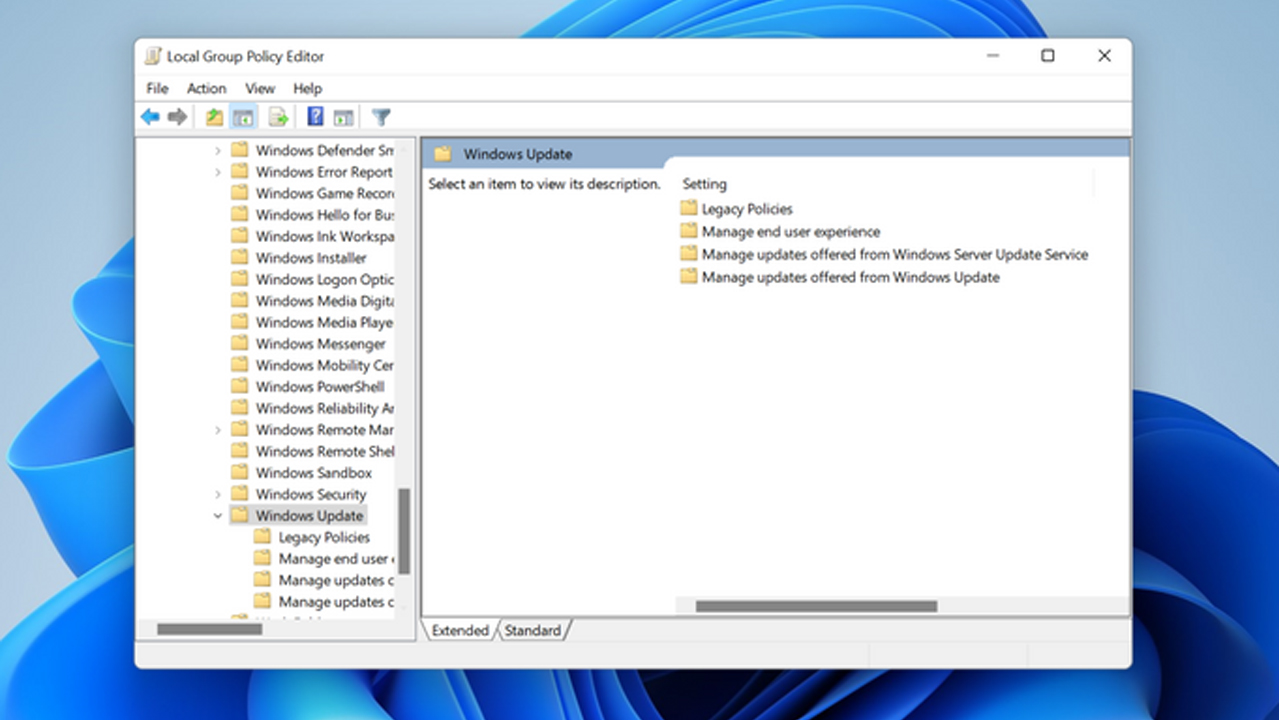
Microsoft has made it especially easy for Windows 11 admins to check which policies should be disabled by adding a sub-folder in the 'Windows Update' directory named 'Legacy Policies', which should only contain the group policies that need to be switched off.
Microsoft said applying the recommendations will lead to better control of Windows environments and admins will encounter fewer unexpected behaviours. "At the end of the day, it is best to leverage the default experience," said Carley. "Not only do defaults provide the best experience, they are also the most effective at keeping devices up to date."

Connor Jones has been at the forefront of global cyber security news coverage for the past few years, breaking developments on major stories such as LockBit’s ransomware attack on Royal Mail International, and many others. He has also made sporadic appearances on the ITPro Podcast discussing topics from home desk setups all the way to hacking systems using prosthetic limbs. He has a master’s degree in Magazine Journalism from the University of Sheffield, and has previously written for the likes of Red Bull Esports and UNILAD tech during his career that started in 2015.
-
 Bigger salaries, more burnout: Is the CISO role in crisis?
Bigger salaries, more burnout: Is the CISO role in crisis?In-depth CISOs are more stressed than ever before – but why is this and what can be done?
By Kate O'Flaherty Published
-
 Cheap cyber crime kits can be bought on the dark web for less than $25
Cheap cyber crime kits can be bought on the dark web for less than $25News Research from NordVPN shows phishing kits are now widely available on the dark web and via messaging apps like Telegram, and are often selling for less than $25.
By Emma Woollacott Published
-
 Recall arrives for Intel and AMD devices after months of controversy
Recall arrives for Intel and AMD devices after months of controversyNews Microsoft's Recall feature is now available in preview for customers using AMD and Intel devices.
By Nicole Kobie Published
-
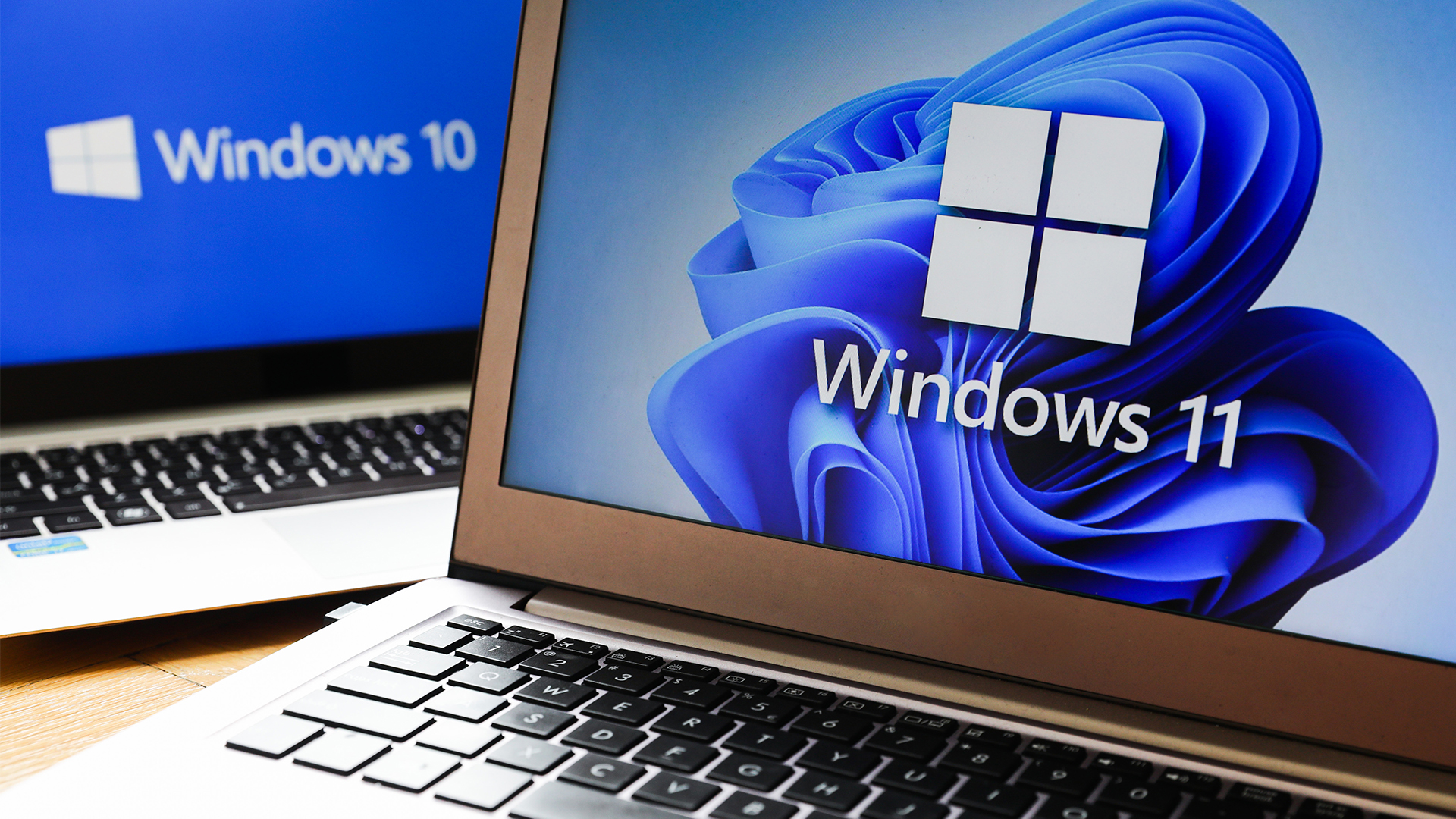 With one year to go until Windows 10 end of life, here’s what businesses should do to prepare
With one year to go until Windows 10 end of life, here’s what businesses should do to prepareNews IT teams need to migrate soon or risk a plethora of security and sustainability issues
By George Fitzmaurice Published
-
 Microsoft is doubling down on Widows Recall, adding new security and privacy features – will this help woo hesitant enterprise users?
Microsoft is doubling down on Widows Recall, adding new security and privacy features – will this help woo hesitant enterprise users?News The controversial AI-powered snapshotting tool can be uninstalled, Microsoft says
By Nicole Kobie Published
-
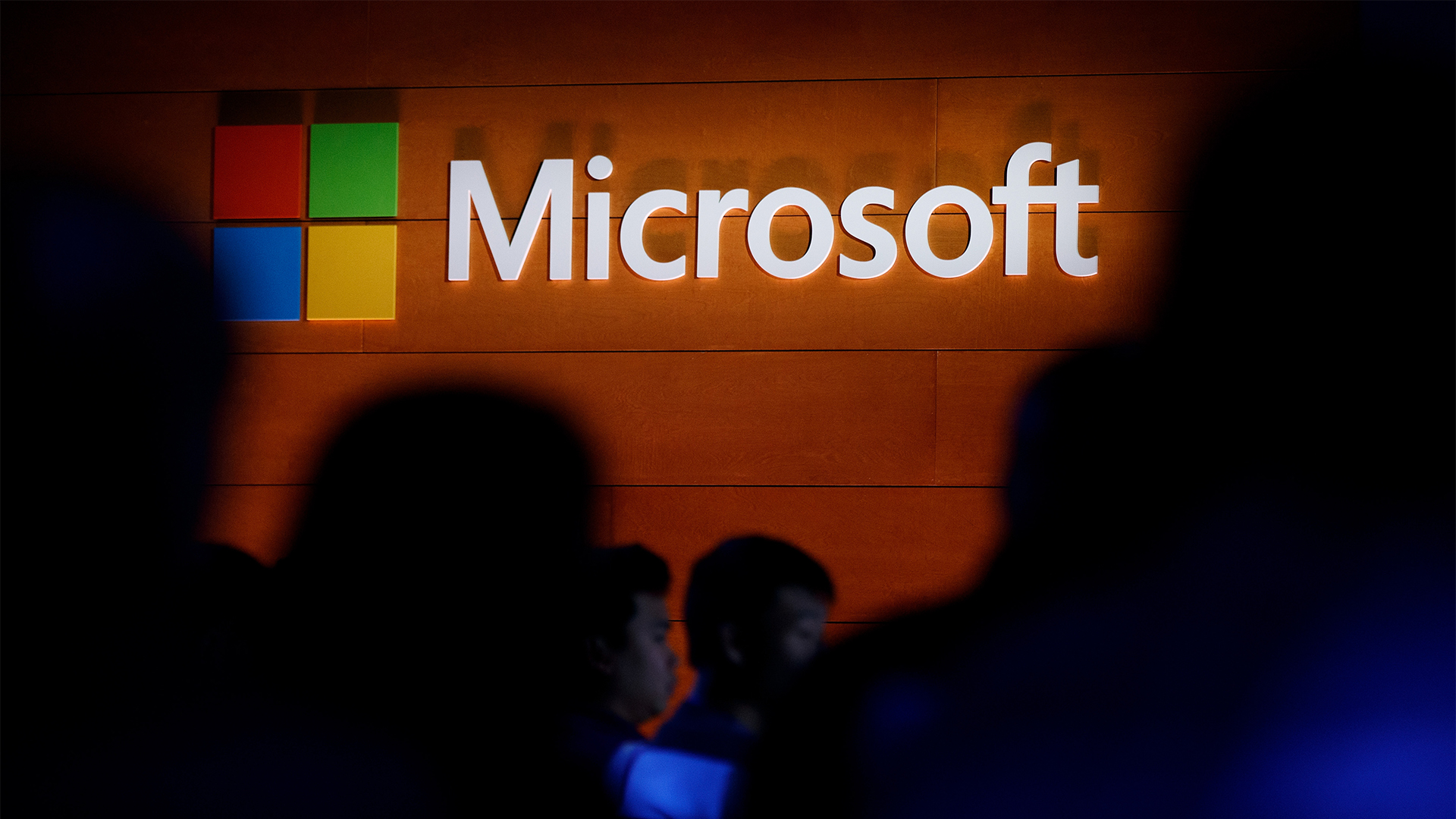 Microsoft patches rollback flaw in Windows 10
Microsoft patches rollback flaw in Windows 10News Patch Tuesday includes protection for a Windows 10 "downgrade" style attack after first being spotted in August
By Nicole Kobie Published
-
 Companies “wary” of Windows 11 migration challenges as Windows 10 EOL draws closer
Companies “wary” of Windows 11 migration challenges as Windows 10 EOL draws closerNews A recent study shows that only a fraction are running Windows 11, despite a rapidly-approaching end of life deadline
By George Fitzmaurice Published
-
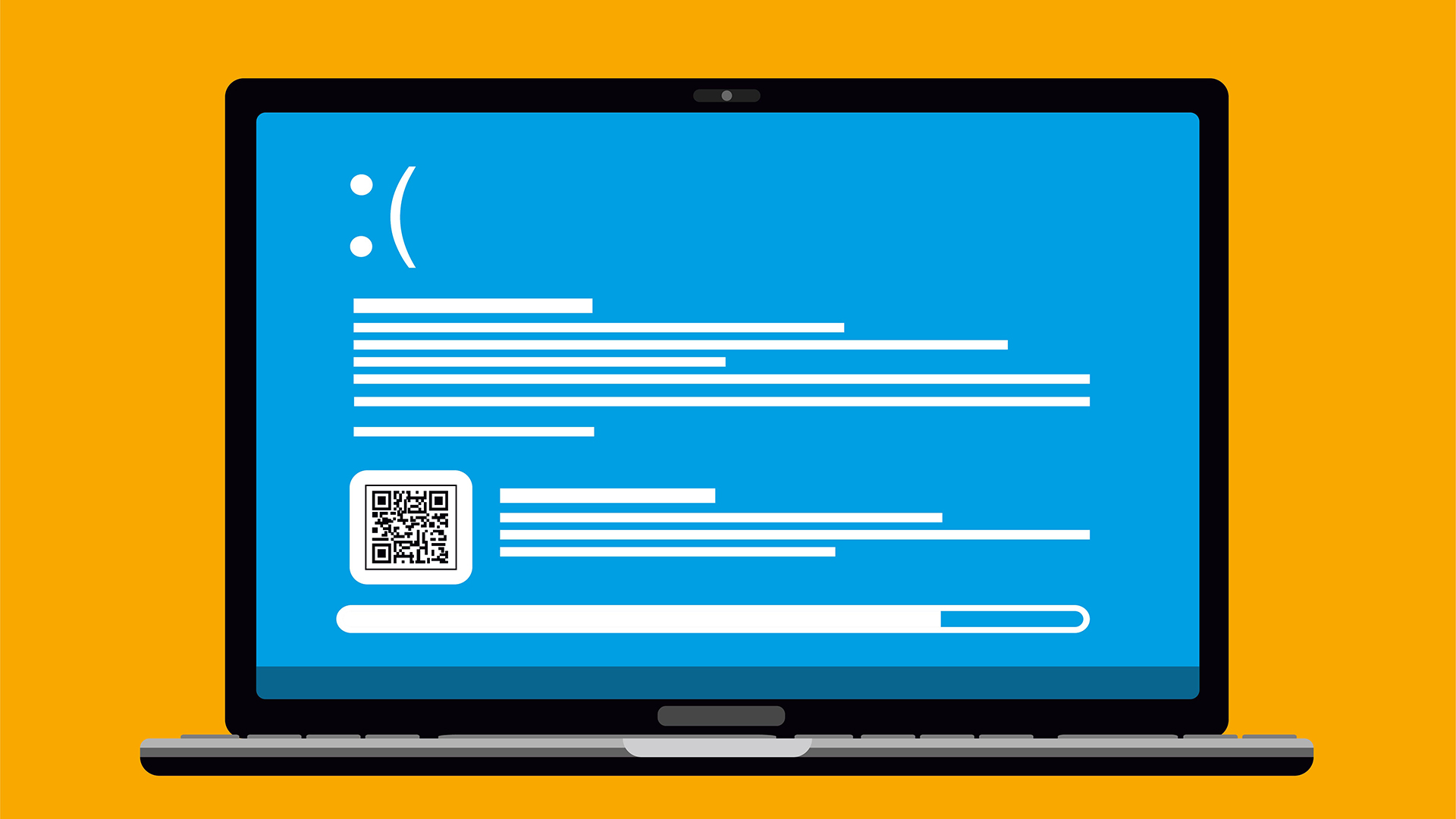 New Windows vulnerability could repeatedly trigger the blue screen of death on millions of devices
New Windows vulnerability could repeatedly trigger the blue screen of death on millions of devicesNews Attackers could exploit the Windows vulnerability to repeatedly crash machines and trigger a blue screen of death, according to researchers at Fortra
By Solomon Klappholz Published
-
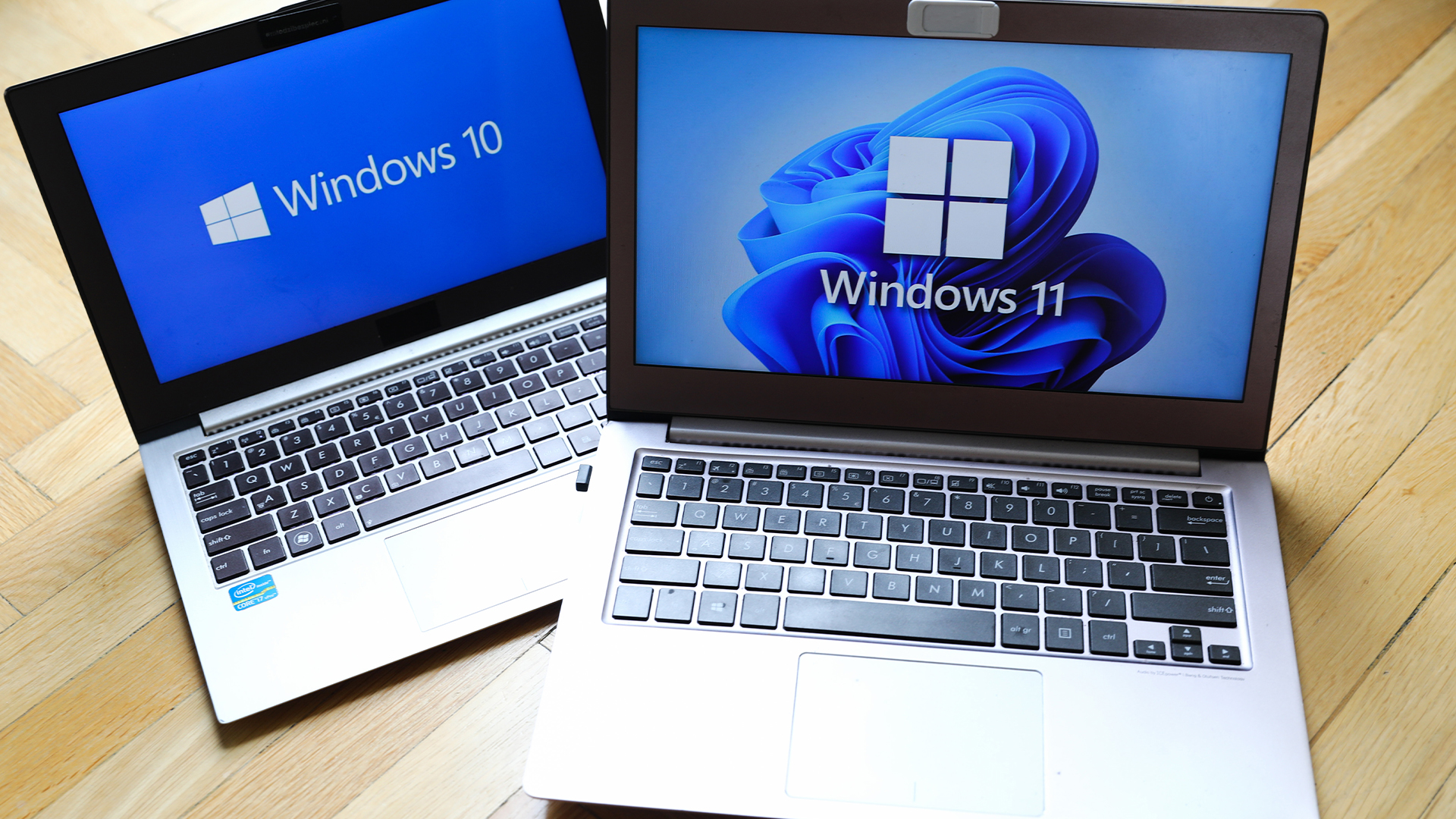 Here’s how much Windows 10 could cost if you don’t upgrade this year
Here’s how much Windows 10 could cost if you don’t upgrade this yearNews Windows 10 extended security updates will cost users dearly, with prices rising incrementally each year.
By George Fitzmaurice Last updated
-
 Linux just hit an all-time high share of the global desktop market — and surging popularity in India is driving uptake of the open source operating system
Linux just hit an all-time high share of the global desktop market — and surging popularity in India is driving uptake of the open source operating systemNews Linux is still dwarfed by operating systems such as Windows, but it’s making modest gains off the back of growing popularity in emerging markets
By Steve Ranger Published